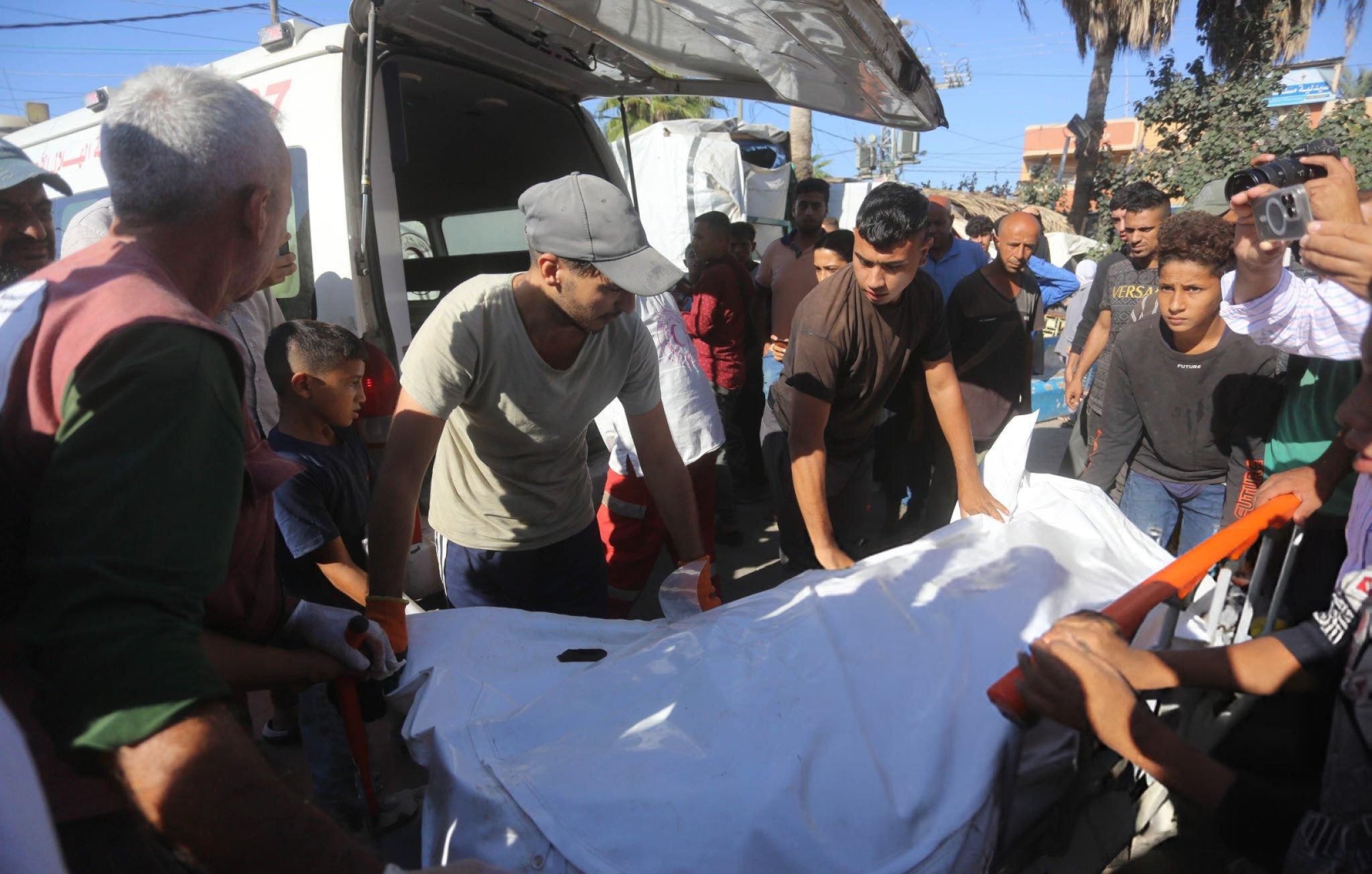Israeli airstrikes in the Gaza Strip overnight and into Sunday have claimed the lives of 12 people, according to Palestinian medical officials. Meanwhile, in a separate development, Israeli police arrested three individuals after flares were fired at Prime Minister Benjamin Netanyahu’s private residence in Caesarea.
Airstrikes in Gaza Cause Further Tragedy
The Israeli military continued its campaign in the Gaza Strip, targeting central areas and leaving widespread devastation. Among the dead were six individuals in Nuseirat and another four in Bureij, both densely populated refugee camps established during the 1948 war surrounding Israel’s creation.
Additionally, two more fatalities occurred along Gaza’s main north-south highway, reportedly vital for humanitarian and civilian movement. The casualties were confirmed by Al-Aqsa Martyrs Hospital in Deir al-Balah, which received all 12 bodies.
Since the outbreak of the Israel-Hamas war on 7 October 2023, following a deadly assault by Palestinian militants that killed approximately 1,200 people in Israel and saw 250 others abducted, the conflict has exacted a catastrophic toll. Gaza’s Health Ministry reports over 43,800 Palestinian deaths, with women and children comprising more than half. Vast swathes of Gaza lie in ruins, and 90% of its 2.3 million population has been displaced.
Attack on Netanyahu’s Residence
In Israel, tensions escalated when flares were fired at Netanyahu’s residence in Caesarea. Authorities confirmed that Netanyahu and his family were not present during the incident, and no injuries occurred. This follows a similar attack last month when a drone launched by Hezbollah targeted the property.
Police have arrested three suspects but provided little detail about their identities or motives. However, some officials suggested links to domestic political critics of Netanyahu. Israeli President Isaac Herzog condemned the attack, warning against spiralling violence in the public sphere.
Political Unrest Intensifies
The incident at Netanyahu’s home underscores the mounting unrest in Israel as the war grinds on. Netanyahu has faced persistent protests over his leadership, with critics blaming him for security and intelligence lapses that allowed Hamas’s October attack. Many also accuse him of failing to secure a deal with Hamas to release the approximately 100 hostages still held in Gaza.
On Saturday night, protests erupted once again in Tel Aviv, where demonstrators demanded a ceasefire agreement to ensure the hostages’ return.
Adding to the turmoil, Justice Minister Yariv Levin seized the flare attack as an opportunity to advocate for his controversial judicial overhaul plans, which sparked months of protests before the war. “The time has come to restore the justice system and law enforcement to end the anarchy and protect the Prime Minister,” Levin said.
Supporters of the judiciary reform argue it strengthens democracy by curbing judicial overreach, while opponents view it as a power grab by Netanyahu, who is facing corruption charges. Opposition leader Yair Lapid denounced both the flare attack and Levin’s proposal, accusing the government of irresponsible governance. “We will not let them turn Israel into an undemocratic state,” Lapid stated.
Calls for Ceasefire and International Action
The ongoing devastation in Gaza has led to widespread calls for a ceasefire. A draft resolution demanding an immediate, unconditional, and permanent ceasefire has been circulated by 10 elected members of the United Nations Security Council. However, the resolution’s adoption hinges on the United States, Israel’s closest ally.
The conflict also extends beyond Gaza, with Israel’s forces engaged in skirmishes with Hezbollah in Lebanon. Israeli troops have reportedly advanced further north, intensifying concerns about a broader regional escalation.
A War with No End in Sight
As the Israel-Hamas war continues, the toll on civilians in Gaza and the political and social unrest in Israel reflect the far-reaching consequences of the conflict. The international community remains divided on how best to address the crisis, with no clear resolution in sight.
For now, the region braces for further violence and uncertainty as both sides show little willingness to back down.







